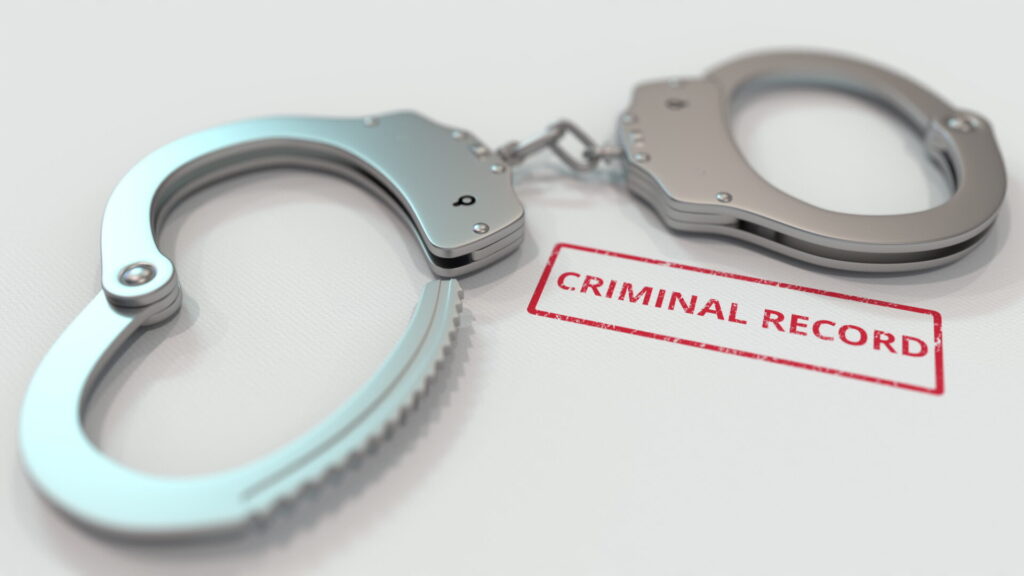What Are the Driver’s License Consequences Associated with OUI in Massachusetts?
Once you’re arrested for OUI or DUI, what happens to your license is going to depend on the breathalyzer situation. You’ll be asked to take the breathalyzer; and if you refuse, your license will be taken immediately for six months (longer if you’re under the age of 21). If you decide to take the breathalyzer and blow a .08 or above, your driver’s license loss will be for only 30 days, and that will go into effect immediately. If you blow below a .08, there will be no driver’s license loss due to the breathalyzer.
With juveniles between the ages of 17 and 21, a breathalyzer failure is blowing a .02. So it’s a much lower standard for someone under the age of 21 and a much more severe license loss. It can be up to three years in some cases.
The only other time you’d lose your license would be either if you are found guilty after trial or take some sort of a plea. In those cases, most first offenders will lose their license for a period of between 45 and 90 days. There are different license suspensions for multiple offenders and other aggravating circumstances.
Is An Ignition Interlock Device Imposed On All OUI Convictions?
No. An ignition interlock device is only required for those looking at 2nd offenses and above. What this means is that you will need an ignition interlock device installed in the vehicle that you own, lease or regularly use. There are additional penalties if you tamper with the device or fail to have it inspected and monitored. These can include an extended license loss period, as well as criminal penalties should you be driving in another vehicle that does not have an ignition interlock device. In fact, any person that allows you to drive their vehicle, if they know that you are required to use an ignition interlock device, can be subject to criminal penalties as well.
The interlock device requires that the driver take a breath test to be able to start the car, along with rolling tests, from time to time. This means that even after you get the car started and are on the road, you’ll have to blow into it. If you blow anything above a .02, it is considered a failure and is automatically reported to the authorities. This can subject you to additional penalties.
Are There Any Alternative Programs Available To First Time OUI Offenders?
Yes. Most first time offenders in Massachusetts, assuming they have not caused a serious bodily injury, are able to seek what is called a 24D alternative disposition. The individual would get probation for up to two years with certain conditions, including, that they complete a 16-week alcohol education program; ½ day program called “Brains at Risk”; and pay a number of fines and fees. The license loss with this disposition is between 45 and 90 days. Usually, the person can get this alternative disposition without having an actual conviction. This is called a Continuation Without a Finding, “CWOF” for short, and will show up on the person’s record later on, as a dismissal so long as they successfully complete probation.
Once you enroll in the alcohol education program, you’re eligible to obtain a hardship license that will allow you to drive any 12 hours per day. For instance, if you work the overnight shift, you’d want to choose the hours of 7pm to 7am to drive. If you work a regular 9 to 5 job, you’d probably want 8am to 8pm. In order to get this hardship license, you will have to demonstrate a hardship in that your ability to drive is necessary for work or some other necessary purpose, such as being a caretaker for someone else. Any type of true hardship will be considered. You will also need to show that there is no reasonable public transportation (i.e. bus or train) alternative.






